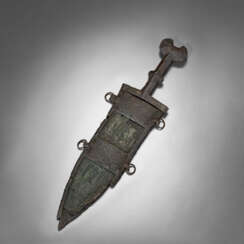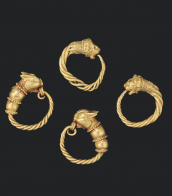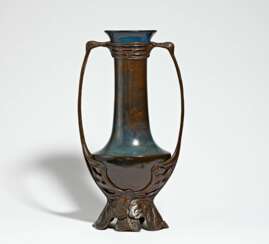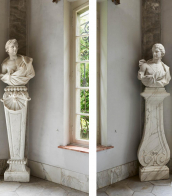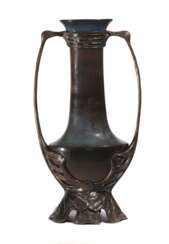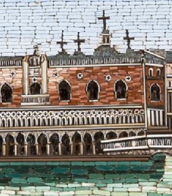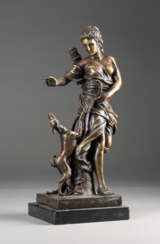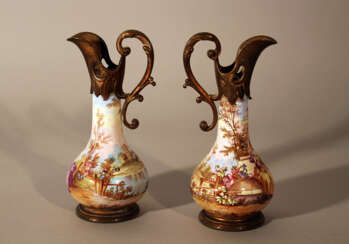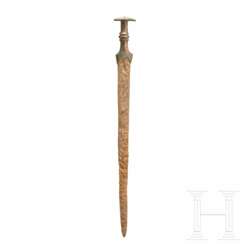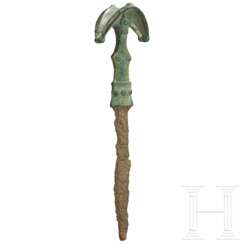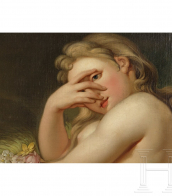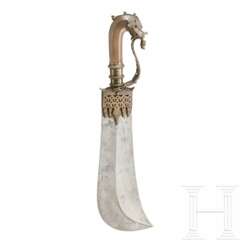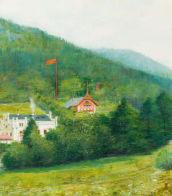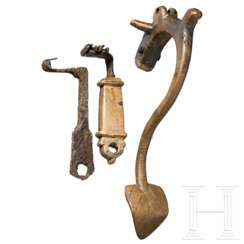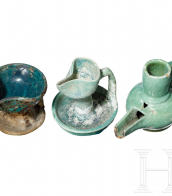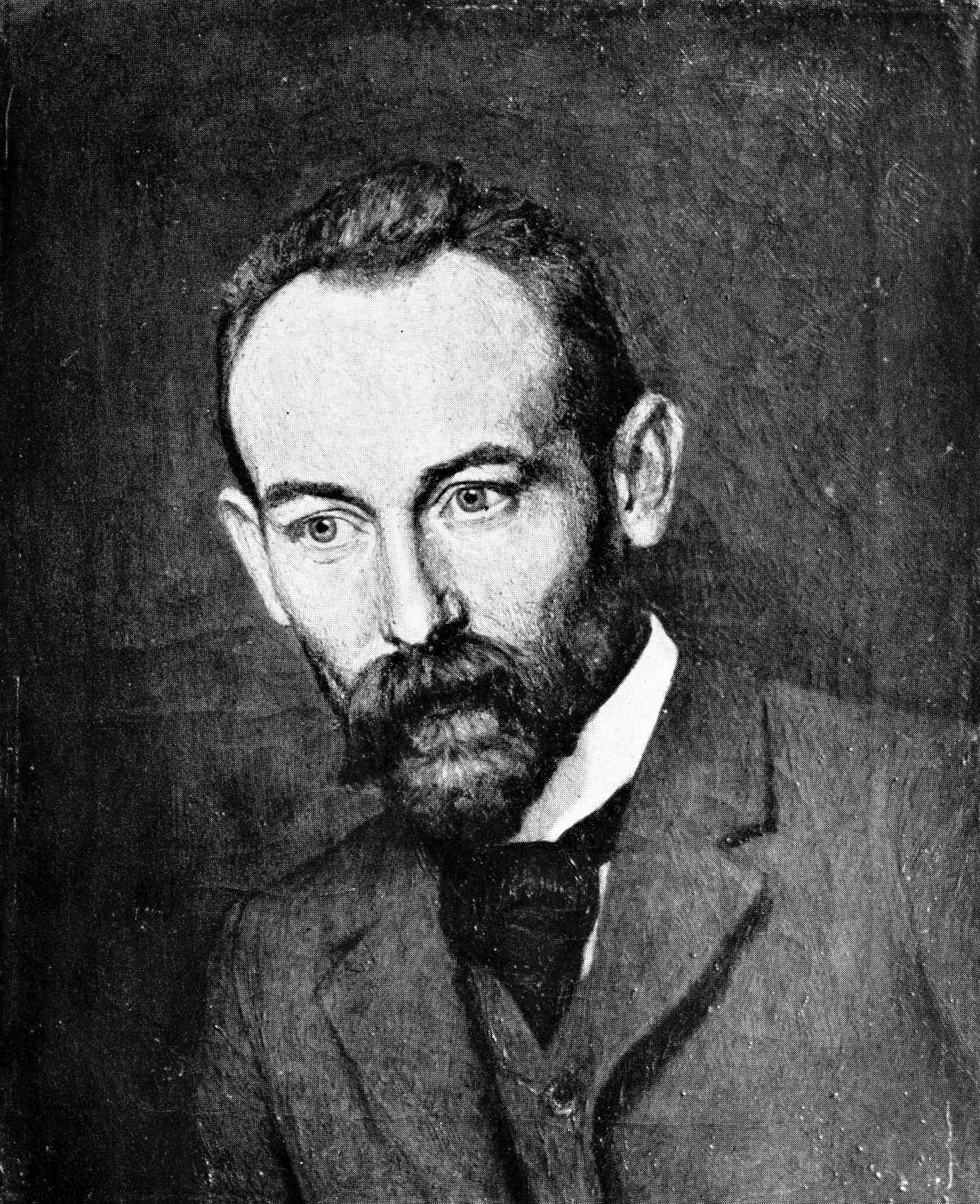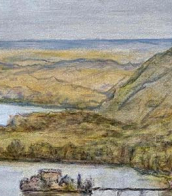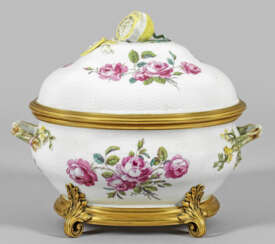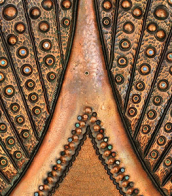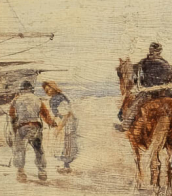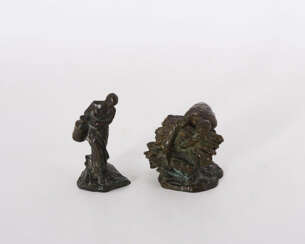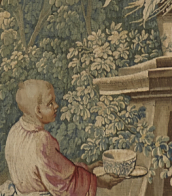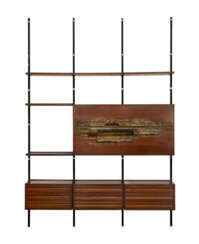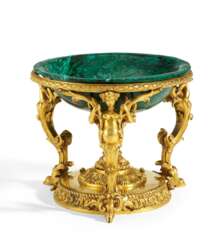with bronze.
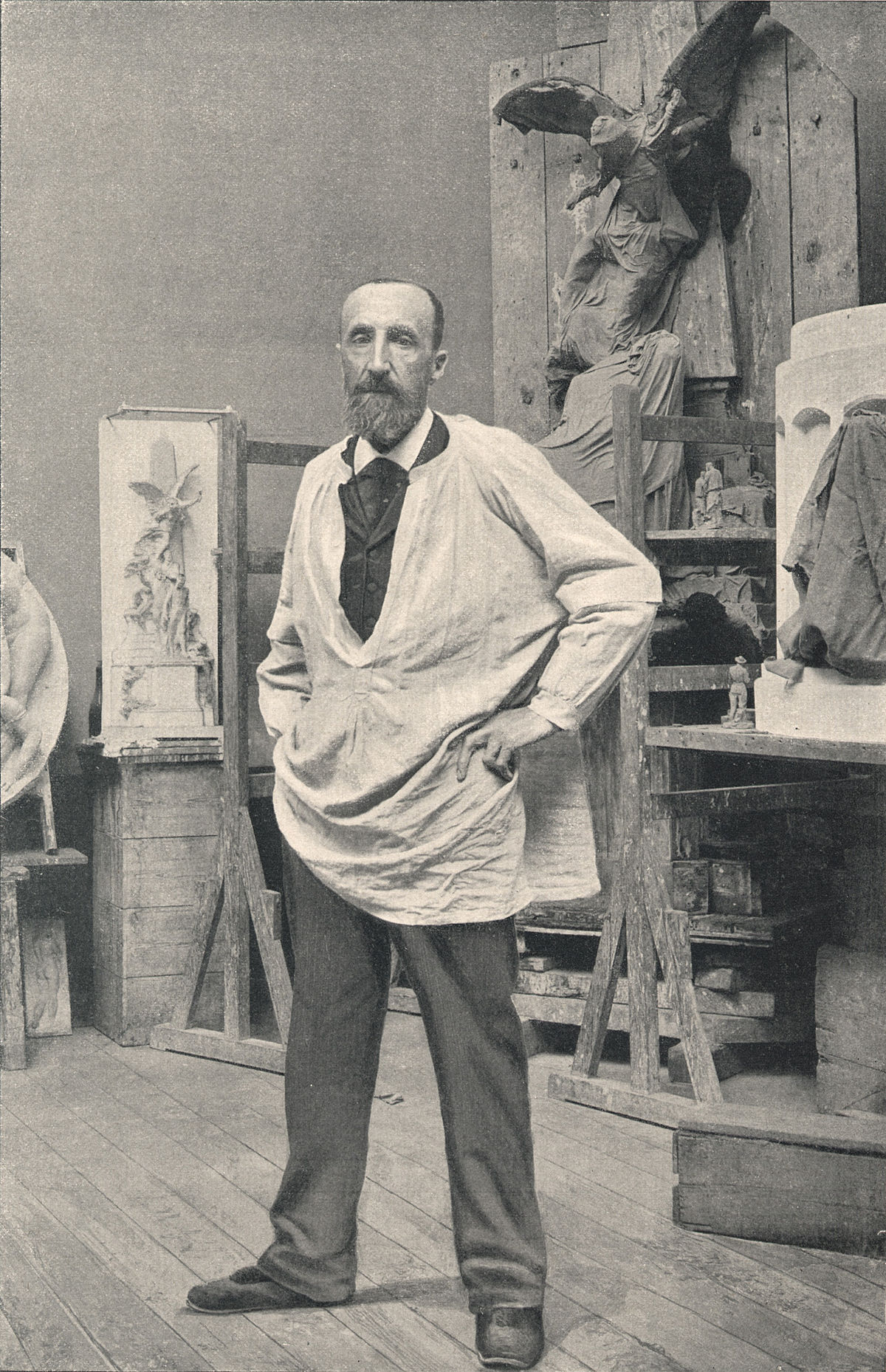
Aimé-Jules Dalou was a 19th century French sculptor. He went down in history as a supporter of realism in world art. Dalou was famous for creating monumental bronze monuments, most of which are located in Paris.
Aimé-Jules Dalou, brought up by his parents in the spirit of rejection of social injustice, throughout his career expressed in his work sympathy for the working class. The heroes of his works were often ordinary French toilers, and the master himself was a lifelong supporter of the ideas of republican socialism, because of which he was persecuted.
In the career of Dalou's downs were replaced by ups. The sculptor was awarded the French Order of the Legion of Honor in three degrees and at the World Exhibition of 1899 he received the main prize for the monument "Triumph of the Republic. In addition, the artist was one of the founders of the Société Nationale des Beaux-Arts and the first head of the sculpture department in this creative association.
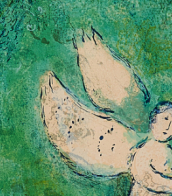

Arnaldo Pomodoro is an Italian sculptor. He was born in Morciano, Romagna, and lives and works in Milan. His brother, Giò Pomodoro (1930-2002) was also a sculptor.
Pomodoro designed a controversial fiberglass crucifix for the Cathedral of St. John the Evangelist in Milwaukee, Wisconsin. The piece is topped with a fourteen-foot diameter crown of thorns which hovers over the figure of Christ.

Pierre-Philippe Thomire a French sculptor, was the most prominent bronzier, or producer of ornamental patinated and gilt-bronze objects and furniture mounts of the First French Empire. His fashionable neoclassical and Empire style furnishing bronzes (bronzes d'ameublement) established the highest standard in refined finish in the craft that the French called that of the fondeur-ciseleur, "founder-finisher".

